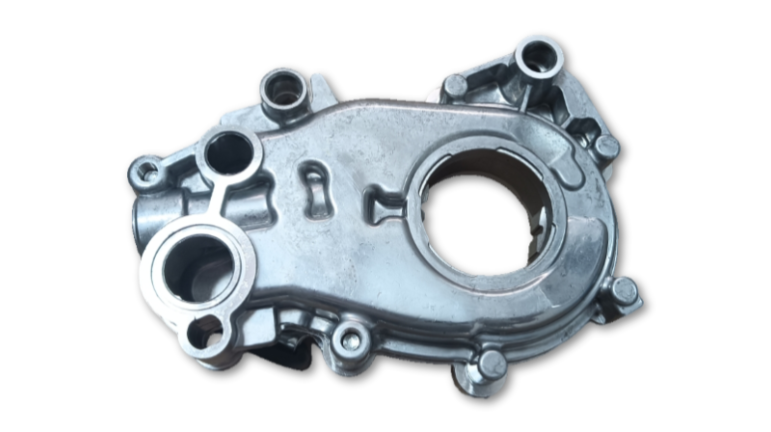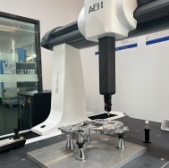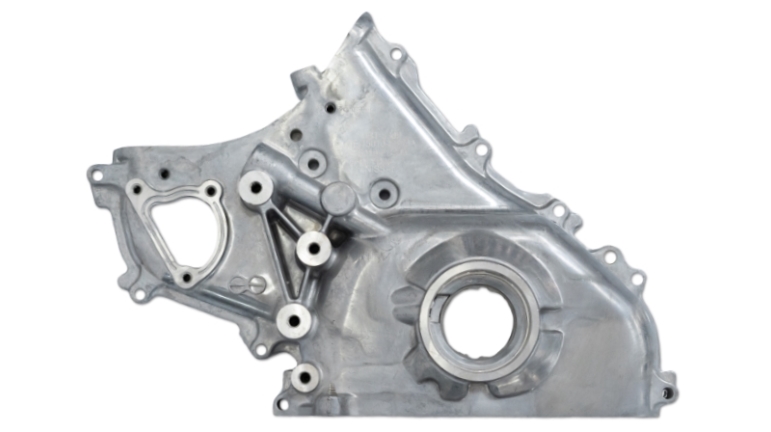
The Importance of Oil Pump in Engine Lubrication
The oil pump plays a crucial role in ensuring the efficient lubrication of an engine. It is responsible for circulating oil to the essential parts of the engine, including the pistons, valves, and camshafts. In this blog post, we will delve into the workings of an oil pump and its significance in engine performance. So, buckle up and join us on this journey to understand the importance of oil pumps in engine lubrication.
Understanding the Oil Pump:
As the name suggests, an oil pump is a device used to pump oil throughout the engine. It is typically located at the bottom of the engine and is usually driven by a mechanical connection to the crankshaft. The primary function of the oil pump is to maintain a constant supply of oil to all the moving parts of the engine, reducing friction and preventing wear and tear.
How does it work?
Once the machine pump starts working, it utilizes several internal components such as gears, rotors, and leaves to generate volume changes within the pump body. These volume changes create suction, drawing oil from the oil pan into the pump. To ensure quality oil circulation, most oil pumps are equipped with a filter to remove any impurities before the oil reaches the main oil passage.
Importance of Oil Pump in Engine Lubrication:
1. Hydraulic Pressure Generation:
The oil pump generates the necessary hydraulic pressure, which enables the oil to flow smoothly through the system. This pressure is crucial because it ensures that the oil reaches all the necessary components, such as pistons, valves, and camshafts, providing them with the vital lubrication they require.
2. Friction Reduction:
Oil acts as a lubricant between the moving parts of the engine, reducing friction and preventing excessive wear. The oil pump ensures a continuous supply of oil to these parts, reducing the chances of metal-to-metal contact and minimizing friction-related issues. By maintaining proper lubrication, the oil pump helps to extend the lifespan of the engine.
3. Heat Dissipation:
Engines generate a significant amount of heat during their operation. The oil pump plays a critical role in dissipating this heat by carrying it away from the engine's moving parts. By continuously circulating oil, the pump helps to regulate engine temperature, preventing overheating and potential damage to the engine components.
In conclusion, the oil pump is an indispensable component in engine lubrication. It ensures the continuous supply of oil to the engine's moving parts, reducing friction, dissipating heat, and extending the engine's lifespan. Without a functioning oil pump, an engine would experience increased wear and tear, decreased performance, and potential damage. Therefore, regular maintenance and monitoring of the oil pump's performance are essential for proper engine function.







